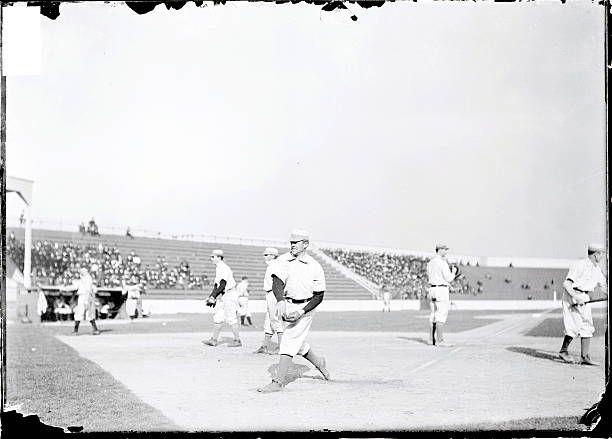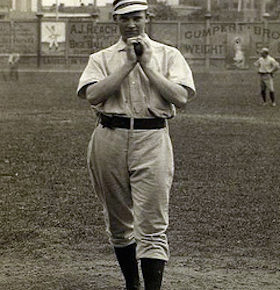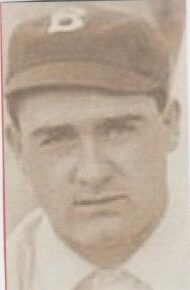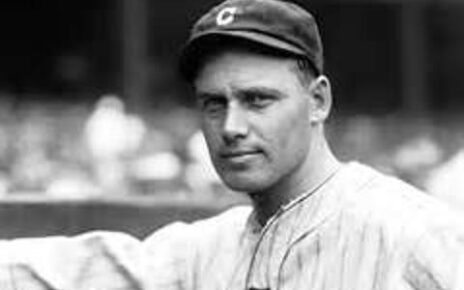Bob Wicker is not a baseball name that should stand out to anyone. He spent a few seasons in affiliated ball as a capable pitcher who never exactly overwhelmed. He missed out on the Chicago Cubs late 1900s run of glory by one season and only spent 6 years in the major leagues, with only his 1905 season standing out. He did make a few brief forays into the land of two-way play and thus I present him to you now.
Wicker first dabbled with playing both sides of the baseball in 1900. He spent that season with the Dayton Veterans of the Interstate League. Not much is known about his stats that season, but we do know that in 32 games on the mound he threw 29 complete games, 3 of which were shutouts. He appeared in an additional 12 games in the field, but there are no stats recorded. That doesn’t give us much to go off of, it’s best to chalk 1900 up as an incomplete season.
In 1904 the righthander was in the National League with the Cubs. He pitched in 30 games for the North Siders. His ERA of 2.67 and FIP of 2.69 were both very respectable. In 229.0 innings his ERA+ of 99 placed him a mite below league average. Wicker also saw 15 games in center field and 3 in right. He stepped to the plate 163 times and put together a slash line of .219/.244/.226. An OPS+ of 45 clearly paints the picture of a guy who couldn’t handle the bat; no power, no bat-to-ball skills, and no ability to draw walks. His total rWAR of 1.6 isn’t the worst, but for the era and the innings logged on the mound isn’t good either.
It wasn’t until 1907 with the Columbus Senators of the American Association when Wicker took a stab at two-way play for the last time. That season he toed the rubber for 29 games and saw action in the outfield for 10 games. Wicker was dependable, but unspectacular, on the mound. A 3.73 RA/9 in 246.0 innings isn’t lighting up a scoreboard, but it’s not a positive either. Meanwhile, with the bat he slashed .189/?/.213 over 122 plate appearances. There’s not much more that needs to be said about that, Wicker simply was not a good hitter.
In the couple of seasons where we have reliable statistics, Wicker fails to impress as a two-way player. He was a decent pitcher, but an abysmal hitter. I don’t believe his brief two-way forays really hurt his pitching, but ultimately he was wasting his time as a two-way player. You can toss Wicker into the two-way player dud bin.
Lead photo courtesy of Unknown – Chicago Daily News




